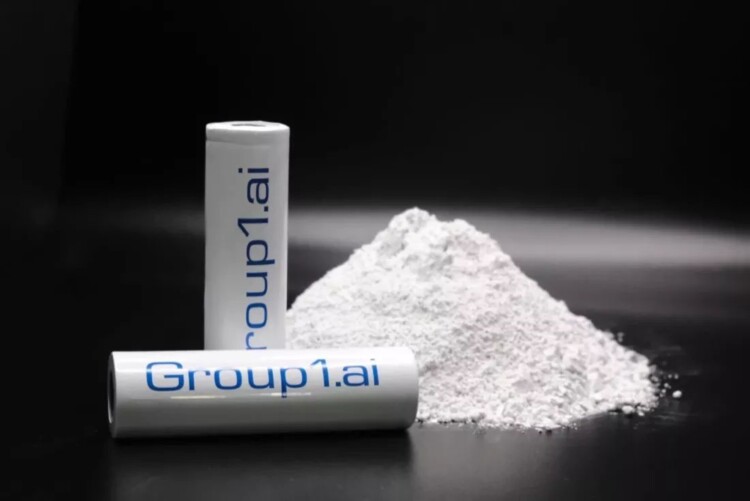Group1, a Texas-based startup, recently launched the world’s first Potassium-ion battery (KIB) in the standard 18650 cylindrical format. Unlike conventional lithium-ion batteries, KIBs use potassium ions, which are currently in abundance and free from critical minerals like nickel, cobalt, copper, and lithium. Further, this transition could not only relieve supply chain challenges, it could also minimise the environmental impact of battery production.
The new KIB batteries are designed to be compatible with existing lithium-ion manufacturing processes, allowing for seamless integration with minimal changes. Not only would this help in a plug-and-play scenario, it also helps in avoiding costly retooling and redesign efforts.

At the heart of this Potassium-Ion battery is Group1’s Kristonite material. The company claims that it offers enhanced performance, safety, and cost-effectiveness compared to LiFePO4 (LFP) lithium-ion and Sodium-ion batteries. Operating at a nominal voltage of 3.7V, the KIB is expected to reach an energy density of 160-180 Wh/kg, similar to LFP-LIB batteries.
The KIB’s performance and durability could notably benefit the electric vehicle (EV) sector. Its ability to withstand numerous charge and discharge cycles with minimal capacity degradation translates into longer-lasting batteries, potentially reducing the frequency of replacements and the overall cost of ownership for EV users. Additionally, KIB’s stability could also address common concerns about decreased driving range as batteries age.

Group1 is now hoping to move towards a broader adoption by distributing samples to major OEMs and cell manufacturers, developing a widespread implementation of this new battery technology.
(Source: TechSpot)


